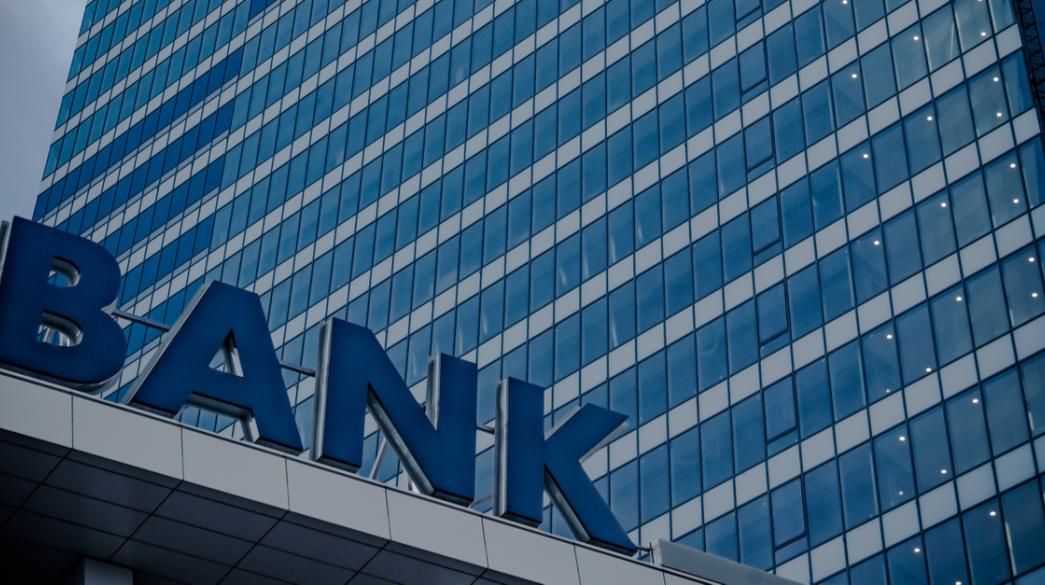Greek banks will be faced with holding difficult talks with supervisory authorities in a bid to convince them of the need to distribute dividends and to receive the supervisory green light. If they obtain the consent of the supervisor then the domestic banks will be able to distribute a dividend to their shareholders after a period of 14 years! 2008 was the last year that banks distributed dividends (concerning the fiscal year 2007) initially obeying the relevant commitment they made after receiving the state aid in 2008, while, after 2010 they were swept away by the debt crisis that quickly transformed into a banking crisis.
For the first time after the crisis, domestic banks have put back on the agenda the issue of dividend distribution and on the occasion of first half earnings, management teams at Eurobank, Alpha Bank and the National Bank have set the central goal of dividend distribution from either 2022 or 2023. However, as analysts point out, the conversation between banks supervisors will be a very difficult one. Lenders will need to make stronger progress in coming quarters in order to achieve the dividend distribution target.
There are three major obstacles that banks must overcome:
- The particularly high share of deferred tax assets (DTC) in capital levels. As the Bank of Greece points out, “approximately 65% of the CET1 funds of the banks correspond to a deferred tax asset against the Greek State. The current strategy to reduce NPLs is estimated to increase this percentage. " The ECB attaches great importance to the issue of DTCs, underlining “that the high percentage of DTCs in CET1 capital ratios of Greek systemic credit institutions, which is not expected to decrease further in the medium term, remains an issue of supervisory concern. It is estimated that unless there is a substantial improvement in the quality of banks' equity, it will be difficult for supervisors to give the green light for dividend distribution.” It is also noted in a recent report from the governor of the Bank of Greece that addressing the high percentage of deferred tax assets on equity and strengthening the capital base of banks are preconditions for accelerating the recovery of the economy.
- Sources of profitability. Concerns have also been raised about the sources of profitability of banks as the rate of new loans being issued remains low, while the increase in profitability in 2020 and 2021 is mainly due to extraordinary profits. As BoG governor, Giannis Stournaras noted in his interview with Business Daily: “we have a very large increase in liquidity for Greek banks. I cannot say that I am satisfied, when the banks have channeled purely to the private sector around 5 billion this year, while they have taken 47 billion plus increases in deposits. The rest are in Greek Government bonds and deposited again in the central bank ". According to analysts, banks will have to achieve high credit expansion in coming months, in order to boost interest income and boost commission income, which remains at a very low level compared to other eurozone countries. However, banks estimate that in the next 3 years there will be a large credit expansion due to the loans under the Recovery Fund and the recovery of the economy.
- New NPEs - "green" stress test. Uncertainty remains about the amount of new non-performing loans that will eventually be created by the pandemic. An additional source of uncertainty is the so-called "green" ECB stress test to determine whether banks are properly prepared to deal with the consequences, at all levels, of climate change.
YIANNIS PAPADOGIANNIS









